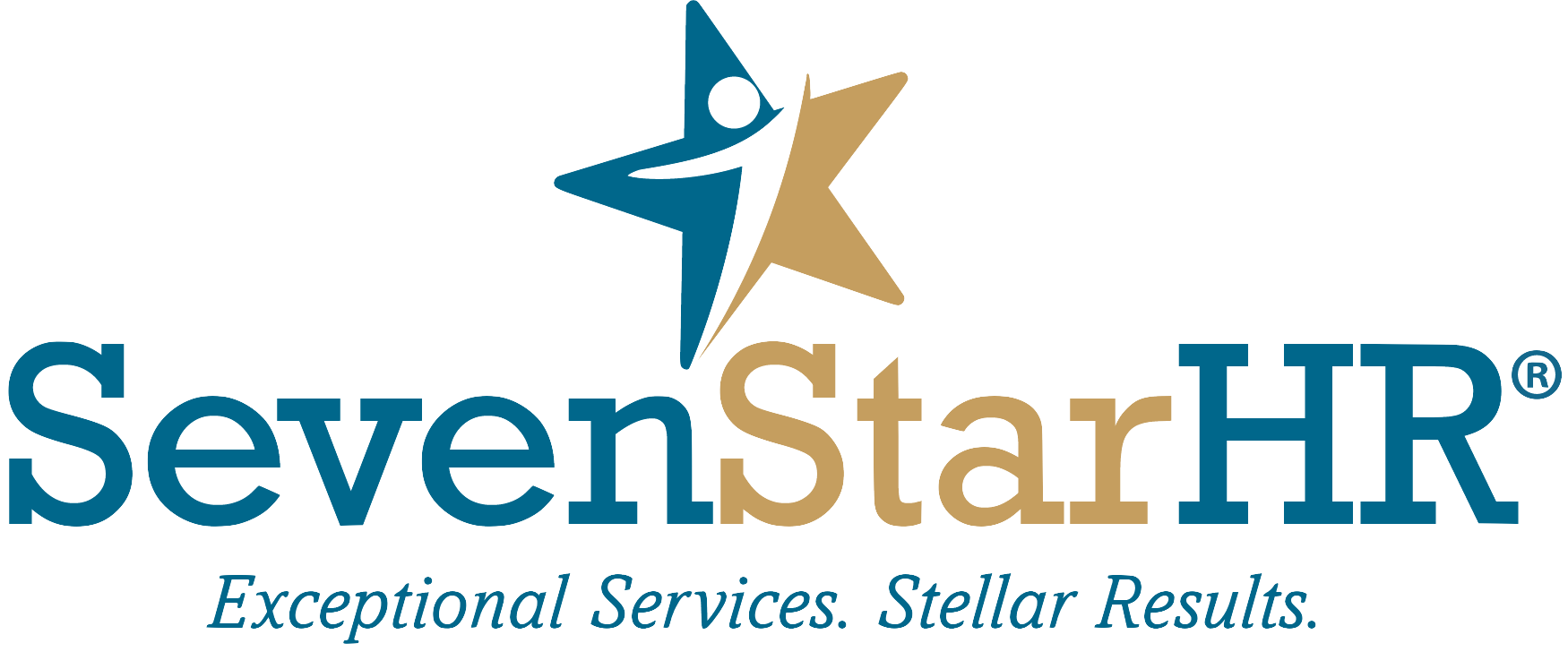Why You Should Have Continuous Conversations With Your Employees
Historically, businesses set goals for employees in January and it was simply assumed the goals would be completed. Some had a mid-year review to see how things were going, and the enlightened checked in quarterly. Now, an increasing number of managers are embracing monthly or weekly check-ins with their staff.
When you have more frequent one-on-one meetings, you can have an ongoing, meaningful conversation that provides honest feedback, encourages collaboration, and strengthens engagement.
Six ways to have continuous conversations with your employees:
Have many meaningful conversations with employees without worrying about rating scales and appraisal documents. Employees should be encouraged to initiate conversations with their managers. The employees should be prepared to openly discuss any obstacles hindering their progress in these meetings. This helps employees have a sense of ownership of their goals and gives them bragging rights when they accomplish them.
Make sure their annual goals remain relevant. Ensure employees understand the why of their goals. If you do not meet with employees regularly you miss the opportunity to recognize accomplishments and set new goals.
Make sure employees understand their goals and can articulate what success looks like upon achieving that goal. They also need to coach employees on how to break a goal down to help them achieve it step by step. Managers need to make it clear what the company is looking to accomplish and set clear milestones.
If an employee is struggling to achieve an objective, determine the reasons. Is the plan wrong? Is the process faulty? They need to help remove barriers if they can and if not discuss the next steps.
Help teams align their goals across multiple departments. This helps to create a sense of belonging across the organization.
Recognize small wins. Celebrating wins with your team helps demonstrate that they are all working toward a larger goal.
Regular communication helps ensure the achievement of the company’s goals within the necessary time frame to make the company successful.

